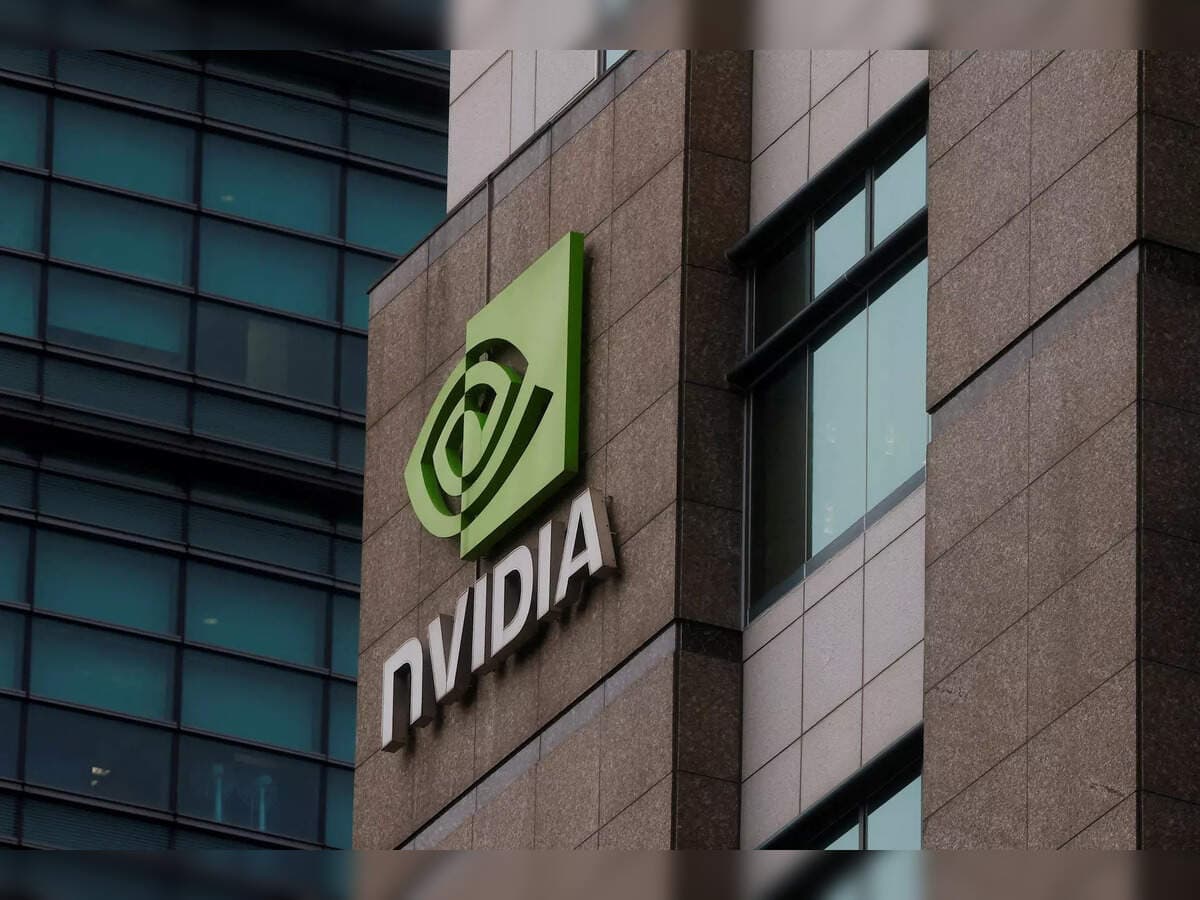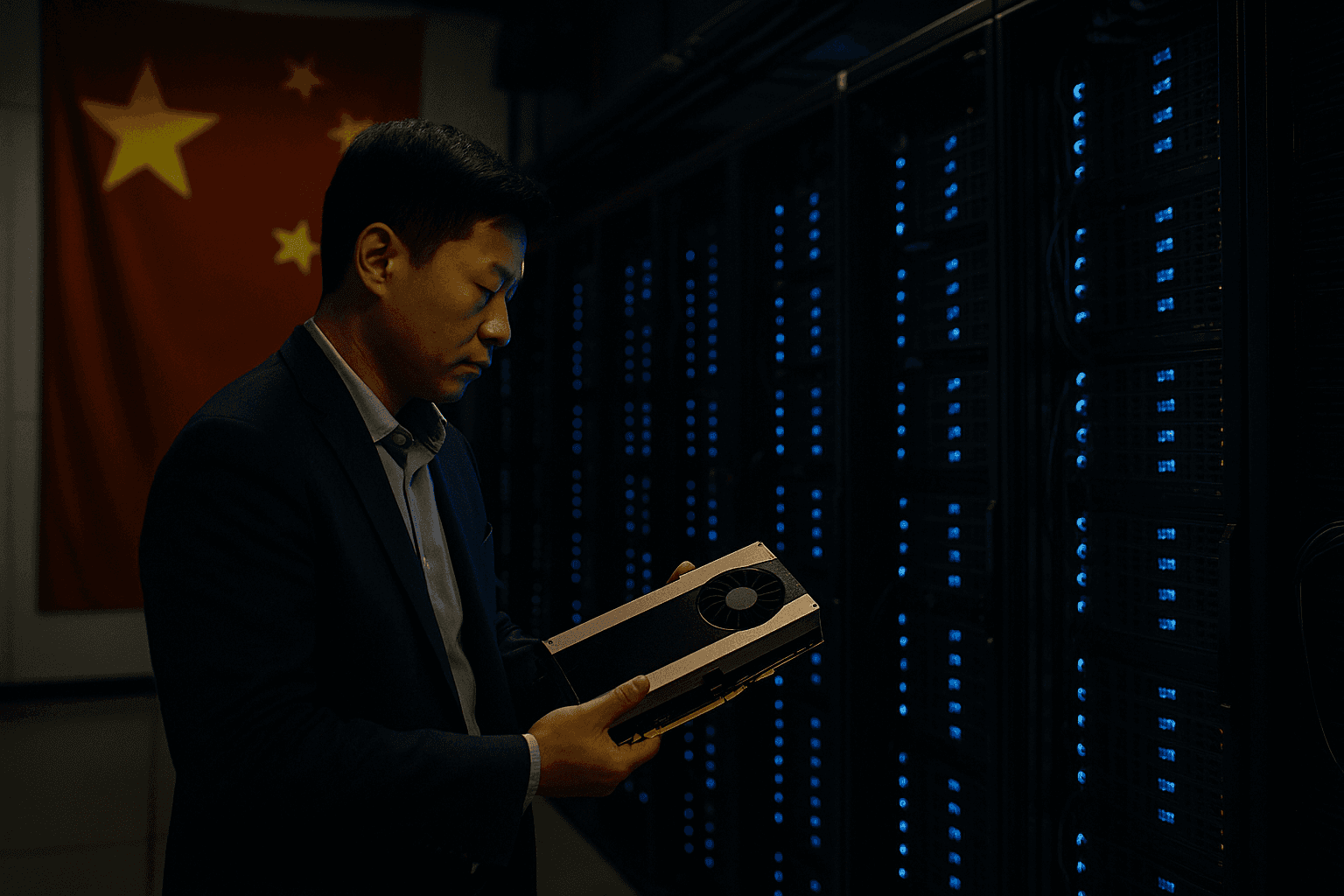China Bars ByteDance from Using Nvidia Chips in New Data Centres
Reuters reporting based on The Information says Chinese regulators have barred ByteDance from deploying Nvidia graphics processors in new data centre projects, reflecting Beijing's push to favor domestic AI hardware. The move matters because it could speed adoption of Chinese AI accelerators, reshape procurement decisions for cloud and internet firms, and deepen the technological divide between China and the United States.

Chinese regulators have forbidden ByteDance from installing Nvidia graphics processors in new data centre projects, Reuters reported on November 26 citing reporting by The Information. The directive follows recent regulatory guidance encouraging the use of domestically produced AI chips for state funded or state supported data centre projects and comes amid a wider policy drive to build a homegrown artificial intelligence technology ecosystem while reducing reliance on United States suppliers.
The action marks a notable escalation in Beijing's efforts to control which compute hardware is deployed for advanced machine learning workloads. Nvidia's GPUs have become a global standard for training and running large AI models, making them a critical input for companies that operate large data centres and cloud services. Regulators in Beijing have in recent months signaled a preference for Chinese designed accelerators when projects involve public funding or explicit state backing.
This move follows earlier requests by Chinese authorities that companies pause new orders for Nvidia chips, a pattern that analysts say was intended to limit further expansion of US supplied GPU footprints in China. Nvidia and ByteDance have not publicly detailed any operational changes in response to the reported restriction, leaving open questions about how existing capacity will be used and whether already commissioned equipment will be exempted.
Industry analysts say the ban could accelerate adoption of domestically developed AI accelerators in China. Technology companies and cloud providers may shift procurement to local suppliers to comply with guidance and to avoid regulatory friction. For ByteDance, the owner of TikTok and a major operator of AI driven recommendation systems, the decision could force tradeoffs between performance, cost, and compliance as it weighs alternatives to Nvidia hardware.

The restriction also highlights the broader geopolitical strains over semiconductor access. Since the introduction of export controls and heightened scrutiny on advanced computing gear, China and the United States have been moving toward more distinct technology ecosystems. Restrictions on the use of foreign GPUs in influential Chinese data centre projects would deepen that separation, potentially slowing the penetration of foreign AI hardware in the Chinese market while giving domestic chipmakers a protected environment to mature their technologies.
The implications extend beyond single vendors. Global suppliers that rely on the Chinese market for a significant share of revenue may face longer sales cycles and greater uncertainty. Chinese cloud and internet firms may need to invest more in compatibility layers, software stacks, and co design work to achieve parity with established GPU based AI workloads, a process that could take years and alter the pace of AI deployment.
Regulators framed the guidance as a move to bolster national technological sovereignty. For companies operating at the intersection of commercial ambition and state priorities, the ruling underscores the complex choices ahead as firms navigate performance demands, supply constraints, and an increasingly politicized global technology landscape.


